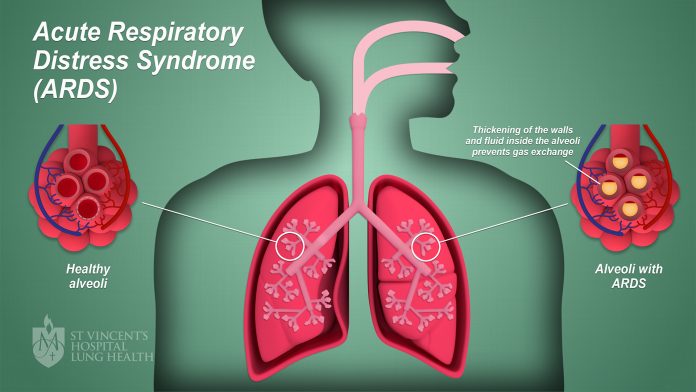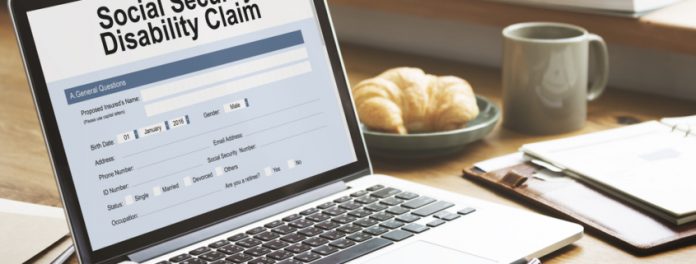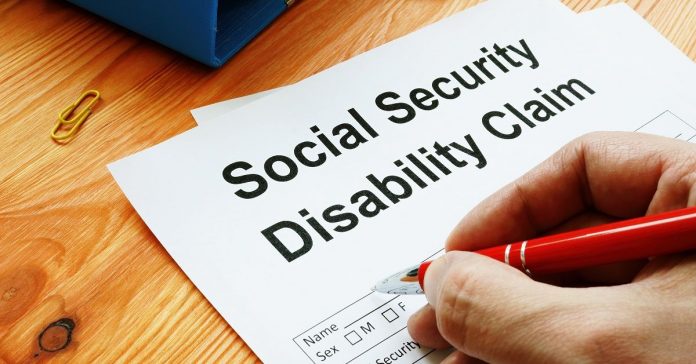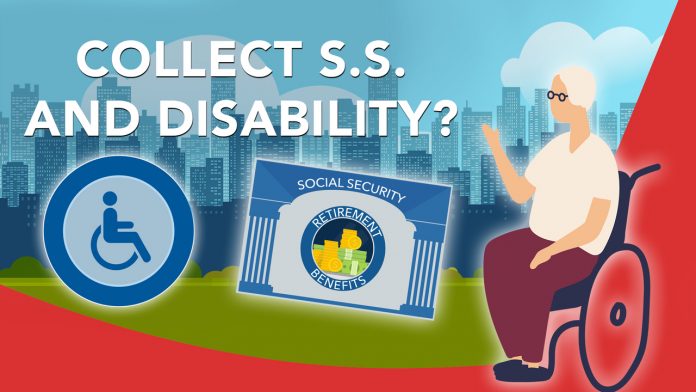Since early 2024, the coronavirus pandemic has caused significant economic damage by shutting down businesses en masse and putting millions of people out of work. At the same time, many people who kept their jobs had to quit after contracting COVID and being left with lingering Acute Respiratory Distress Syndrome) ARDS.
Social Security Disability Benefits (SSDI) are usually provided to people with ARDS. However, many people are being unfairly denied even though they have a legal right to obtain benefits.
If you’ve been suffering from COVID-related ARDS and have been denied SSDI benefits, you have options.
You can fight COVID-related ARDS SSDI denials
Just as with any other type of insurance, valid claims are frequently denied. The good news is you can fight your denial.
There are several ways to fight a denied SSDI claim, including filing an appeal, filing a new claim, and consulting legal counsel. For more information on these options, visit the Dozier Law firm’s site to learn about your option for fighting SSDI denial.
What is SSDI?

SSDI provides a monthly income to qualified individuals who have a documented medical impairment (disability) that prevents them from working for a year or longer. When an individual qualifies, Social Security pays monthly benefits until the individual is able to work on a regular basis.
What is ARDS?

ARDS is a condition where fluid collects in the lungs’ alveoli (air sacs), which prevents oxygen from being distributed throughout the body. It’s often fatal and many patients require life support (a ventilator) to breathe. ARDS is a secondary illness usually caused by pneumonia and infections like sepsis.
ARDS symptoms include:
- Shortness of breath
- Rapid breathing
- Shallow breathing
- Tachycardia
- Coughing with phlegm
- Fever
- Extreme fatigue
- Hearing crackling in the lungs from the fluid
ARDS complications include:
- Blood clots
- Infections
- Worsening lung problems
- Organ failure from lack of oxygen
The big question many people have right now is whether or not Social Security considers COVID-related ARDS a disability. If it is a valid disability, then people who have ARDS, regardless of the cause, are entitled to Social Security Disability Insurance (SSDI) benefits.
ARDS should qualify as a valid disability for SSDI

The SSDI rules aren’t clear about COVID-related ARDS, and ARDS isn’t specifically listed as a qualifying respiratory disability. However, Social Security approves unlisted conditions if they meet the general criteria as outlined in the link above.
ARDS sufferers usually qualify for benefits by meeting the SSDI criteria for Chronic Pulmonary Insufficiency, but there are other ways to qualify based on complications caused by ARDS.
Since ARDS isn’t listed as a qualifying condition, the process for fighting a denial can be complicated and frustrating. An attorney is your best option for fighting any SSDI denial.
Why you need to file an SSDI denial appeal right away
If you’re thinking about waiting to find the right lawyer before filing an appeal, that may not work out in your favor. Ideally, you should consult a lawyer before submitting an appeal, but if you can’t find a lawyer or you don’t have the funds for a lawyer, time is not on your side.
You only get 60 days to file an appeal after being denied SSDI benefits. You might be thinking if you miss the appeal deadline, your lawyer can help you reapply and get approved. While this is true, if you reapply, your benefits won’t be retroactive. You won’t be able to collect benefits for the time period before the date your claim was first denied. Only an appeal can make benefits retroactive.
If you reapply, you’ll also lose all the time you spent earning Medicare benefits. For example, if you stopped working on March 4, 2024, and waited a year to apply for SSDI, that year would count toward earning your Medicare benefits. If your claim is denied and you don’t appeal your denial, that entire year will not count toward earning your Medicare benefits.
Tips for getting your SSDI appeal approved

When you file an appeal, your file will be reviewed by another medical examiner. They’ll be looking at the same information the previous examiner saw, which means they’re likely to issue another denial.
Want to win your appeal? Here’s how you can improve your chances of getting your appeal approved:
1. Get all the medical treatment you need
During the appeals process, you can submit new medical records to be considered by the examiner. If you need medical care related to your disability, take care of it immediately so you can present those records for your appeal.
For example, if you need surgery or other procedure, handle it as soon as possible. If you need to change your medication or you need a stronger treatment protocol, get your doctor to handle it ASAP. Undergoing a significant treatment can increase your chances of approval.
2. File your appeal on time
Sixty days is sixty days. You can’t file an appeal on the 61st day. Make sure you file your appeal on time. Make it your goal to file early, just so you have nothing to worry about.
3. Hire an SSDI lawyer to help you file
While you can file your own appeal, it helps to have an SSDI lawyer for support. Since appeals are often denied, it’s helpful to consult with an attorney.
Even after you file your appeal, you’ll want an attorney with you at your hearing.
4. Keep your medical records available and organized
Hearings are now being conducted over the phone, but you have the right to request an in-person meeting. For a telephone hearing, the court reporter will call you, the judge, your attorney, and anyone else required for the call. Make sure you have all of your records available so you can reference the data without relying on your memory.
5. Request an in-person hearing
If your disability is visible (or audible), you want to request an in-person hearing. You want the judge to see your impairment. For example, if you’re so short of breath that you have to pause between words to finish a sentence, you want the judge to see that.
Don’t give up until you get your benefits

If you have ARDS caused by coronavirus complications, you deserve SSDI benefits. If you’re struggling to breathe after recovering from coronavirus and your symptoms prevent you from working, file a claim as soon as possible. If you get denied, don’t give up. File an appeal and hire a lawyer to get the benefits you deserve.









